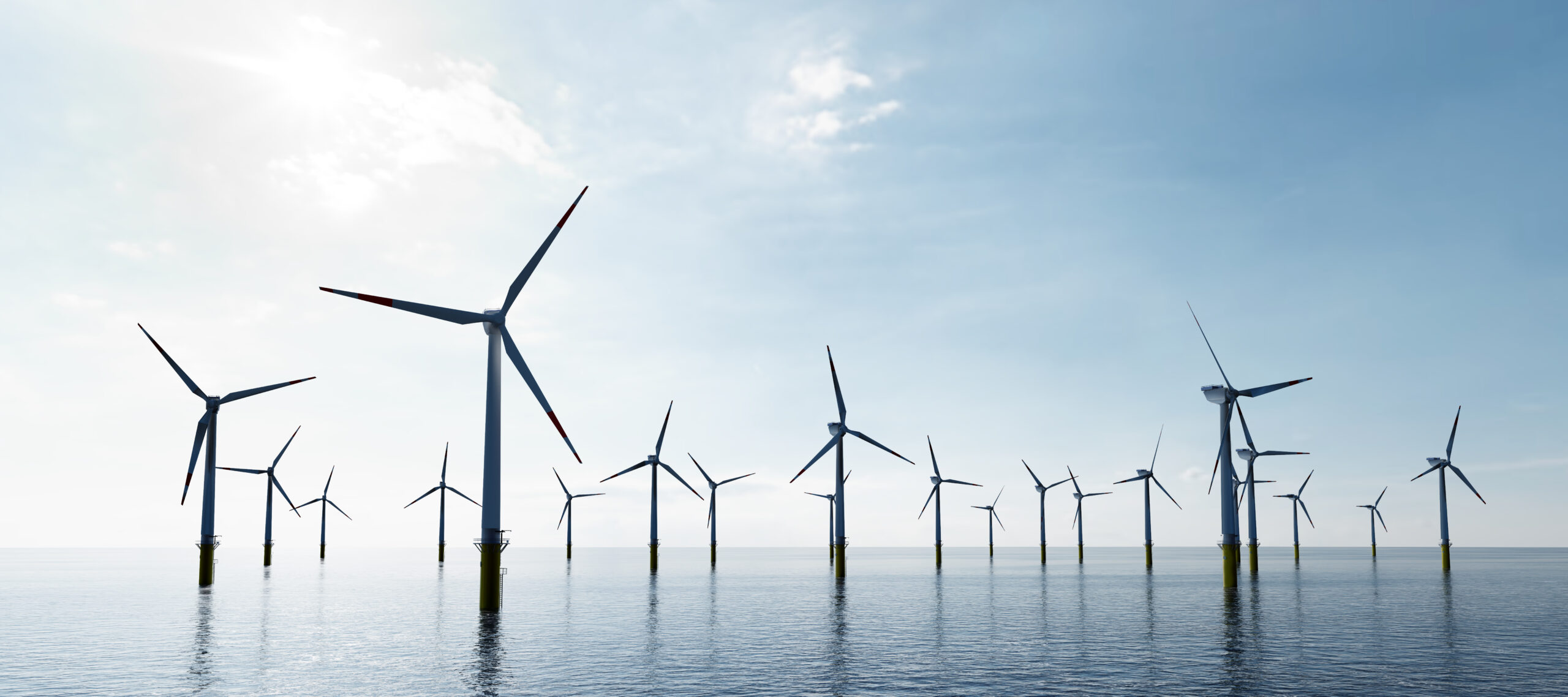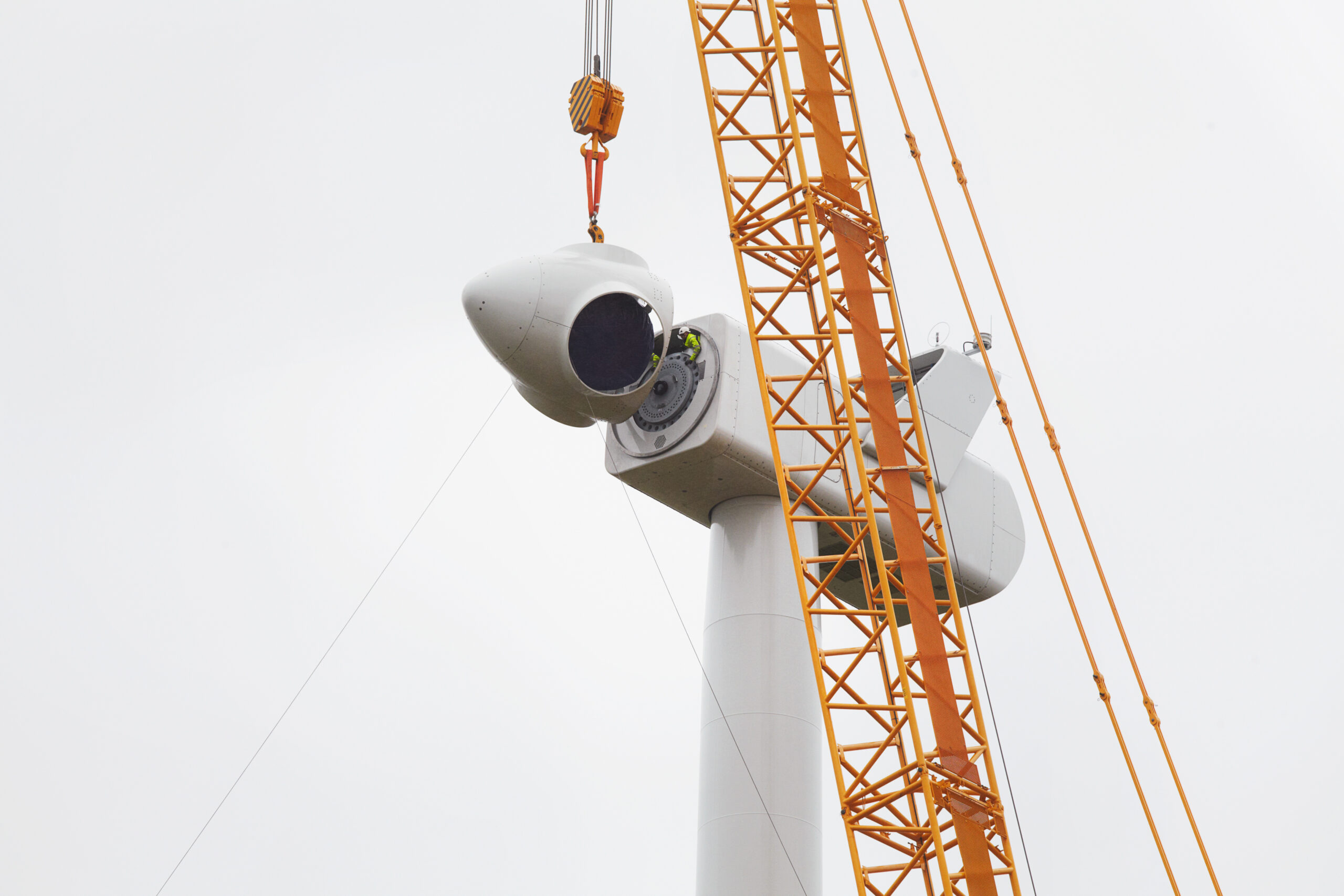A Major Setback for UK Offshore Wind
In a move that’s shaken the UK’s renewable energy landscape, Danish energy giant Ørsted has halted development of its ambitious Hornsea 4 offshore wind project. At 2.4 gigawatts (GW), it was set to be one of the largest offshore wind farms in the world. But now, rising costs, economic pressures, and supply chain issues have forced the project to grind to a halt.
This isn’t just another cancelled project—it’s a stark signal about the challenges facing the energy sector, and it could have knock-on effects for UK businesses of all sizes.

Why Hornsea 4 Was Pulled
Despite securing a government-backed Contract for Difference (CfD) in 2023, Ørsted has decided to stop all spending on Hornsea 4. According to the company’s leadership, the numbers simply don’t add up anymore. Soaring supply chain costs, rising interest rates, and delivery risks have made the project financially unviable in its current form.
Group President and CEO Rasmus Errboe was candid, stating:
After careful consideration, we’ve decided to discontinue the development of the Hornsea 4 project in its current form.
“The adverse macroeconomic developments, continued supply chain challenges, and increased execution, market and operational risks have eroded the value creation.”
Ørsted will retain its seabed rights and connection agreements, hinting at a possible return in the future—but only if conditions improve.
A Broader Sector Wake-Up Call
Hornsea 4 isn’t an isolated case. It’s part of a growing trend where large-scale renewable projects face mounting cost pressures. Industry insiders warn that unless the government adjusts its approach to funding and procurement, more cancellations could follow.
This could significantly affect the UK’s 2030 clean energy goals. The Department for Energy Security and Net Zero (DESNZ) remains optimistic, stating that the project isn’t “dead,” and they’ll work with Ørsted to revive it. But optimism alone won’t solve the real-world financial hurdles developers now face.
Adding to the sector’s uncertainties, the recent dismissal of Dame Mary Archer from the DESNZ board has sparked discussions about the government’s approach to expert advice and dissenting opinions. Appointed in February 2024 for her expertise in solar energy, Dame Mary’s abrupt removal has led to concerns that divergent views on net-zero strategies may not be adequately considered in policy-making.

What’s Causing the Pressure?
Several converging factors are putting strain on large energy infrastructure projects:
-
Global inflation – Material costs, labour, and shipping have all risen dramatically since 2020.
-
Supply chain bottlenecks – Many components are sourced internationally, and disruptions continue to affect delivery timelines.
-
Interest rate hikes – Financing large projects has become significantly more expensive.
-
Uncertain policy signals – Debate over things like zonal pricing is creating hesitation among investors.
Industry groups, including RenewableUK, are urging the government to create a more stable investment environment and to resist policy changes—such as zonal pricing—that could further deter development.
What Does This Mean for UK Businesses?
At Black Sheep Utilities, we don’t just track market news—we help you make sense of what it means for your business today and tomorrow.
Here’s what the Hornsea 4 announcement could signal for your energy strategy:
1. Cost Uncertainty Ahead
If supply struggles continue and fewer renewable projects come online, businesses could face higher long-term energy costs—especially those relying on green tariffs or flexible contracts.
2. Delays in Infrastructure and Upgrades
Grid modernisation and smart metering projects may also experience delays or re-prioritisation, affecting energy efficiency plans and site upgrades.
3. Policy-Driven Change
As political debate intensifies over how (and how fast) we reach net zero, expect changes in government incentives, contract structures, and funding models that could reshape the energy market over the next 2–5 years.

Why It’s Time to Take Control
While national-scale projects like Hornsea 4 dominate headlines, the best thing your business can do is take control of what’s within reach.
At Black Sheep Utilities, we help businesses:
-
Understand and optimise current tariffs
-
Switch to more reliable or cost-effective suppliers
-
Plan smart meter upgrades
-
Audit usage and identify savings opportunities
With uncertainty in the wider market, it’s more important than ever to make sure your current energy setup is working for—not against—you.
Final Thought: Resilience Starts with Awareness
The collapse of Hornsea 4 is a reminder that even the biggest players face uncertainty. But for UK businesses, it’s also a prompt to get proactive. Staying informed, reviewing your contracts, and planning ahead can shield you from price shocks and supply issues down the line.
Not sure where to start? Book a free, no-obligation appointment with Black Sheep Utilities. We’ll review your current setup, flag potential risks, and guide you through your options—so you’re not left guessing when the market shifts.
GET IN CONTACT WITH US
Why was the Hornsea 4 offshore wind project cancelled by Ørsted?
Ørsted cancelled Hornsea 4 due to rising supply chain costs, high interest rates, and increased delivery risks, making the project financially unviable despite having a government-backed contract.
What does the Hornsea 4 cancellation mean for the future of UK renewable energy?
The collapse of Hornsea 4 highlights growing financial pressures on large-scale renewables in the UK, suggesting more projects could be delayed or cancelled without government intervention and funding reform.
How could the Hornsea 4 wind farm cancellation impact UK businesses?
The cancellation may lead to higher energy costs and delays in infrastructure upgrades, especially for businesses on green tariffs or those relying on future renewable capacity.
What factors led to the Hornsea 4 offshore wind project becoming unviable?sing the pressure on renewable energy projects?
Key issues included global inflation, supply chain bottlenecks, interest rate hikes, and policy uncertainty—all of which eroded the project’s financial viability.
What should businesses do in response to the Hornsea 4 cancellation and energy market uncertainty?
Businesses should review their energy contracts, explore longer-term deals, and work with experts like Black Sheep Utilities to secure cost-effective, resilient energy strategies.




